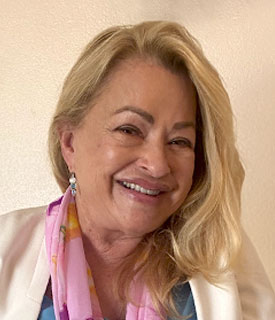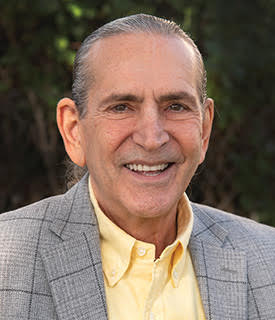There are many misconceptions and false judgement towards addiction and those struggling with it. Sometimes these myths can undermine addiction treatment as well. When people misjudge addicts, it can carry into misjudging treatment and addiction in general. Let’s clear some things up here.
#1 Addicts are bad people that deserve to be punished.
Yes, with a change in brain chemistry due to long term drug use, addicts may act out: lying, cheating, and stealing to get their next fix. Their priorities, desires, and drive is no longer the same as it once was. This doesn’t mean they are bad people. This erratic behavior is driven by the effects of drugs on the brain and body. We should treat addicts with harsh legal sanctions and judgements, because these people need help not punishment.
#2 Addiction is a choice.
Genetics can play a part in a person’s risk of addiction. Addictive personalities can run in families, increasing a person’s risk of being addicted to harmful substances such as drugs and alcohol. Environmental factors such as family/home life, upbringing, and peers can also have an influence risk for addiction. Brain imaging studies have shown that there are neurobiological differences between a person becomes addicted and someone who doesn’t – this is before drugs are even in the picture. And once drugs are used, it changes the structure of the brain making it difficult to resist impulses.
#3 People usually get addicted to one type of substance.
It’s not uncommon for people to use more than one substance to achieve a more intense high. They may use different drugs at different times or combine them. Others may use different drugs to counteract the undesirable effects from another drug. Polysubstance abuse if found more commonly among males, those who started using drugs at an early age, and teens/young adults. These people are more likely to struggle with mental illness and be more difficult to treat.
#4 People addicted to prescription drugs are different from those addicted to illegal drugs.
Even though prescription drugs are known to be misused, there is still more stigma towards illegal drugs. Prescription drugs are prescribed by a doctor and deemed safe to use as prescribed. However, that doesn’t mean they are safer than illegal drugs. Taking these medications in larger doses or for recreational uses not intended for a medical condition, can have the same effects to the brain as illegal drugs. There is also the same risk of addiction.
#5 Treatment should put addicts in their place.
Even though medically, addiction has been recognized as a chronic illness, those who struggle with it still get mistreated as societal misfits. While some still believe addicts should be motivated by aggressive confrontational or shaming methods, that’s not the healthy approach to treatment. In fact, research has shown that it is counterproductive.
Addiction is definitely a struggle as it is, but it makes it harder when society puts addicts in a lesser category. Because of this, some addicts may feel as if they don’t deserve treatment and sobriety. As if now they have a role to play once declared an addict. It’s like someone thinking they aren’t good enough because people say they are. Putting down addicts as weak, selfish, and criminal is an unhealthy lack of support, another form of bullying. These are people that need help, not judgement.
If you, or a loved one, is struggling with addiction, contact Crownview Medical Group for professional medical advice. We offer treatment and programs for those struggling with addiction and their loved ones. We are located in San Diego, California with offices in Carlsbad and Coronado. Addiction is a serious condition that should be treated by a medical professional.
Reference:
5 Myths about Addiction that Undermine Recovery. (2013, May 14). Psychology Today. Retrieved November 20, 2014, from http://www.psychologytoday.com/blog/where-science-meets-the-steps/201305/5-myths-about-addiction-undermine-recovery
























